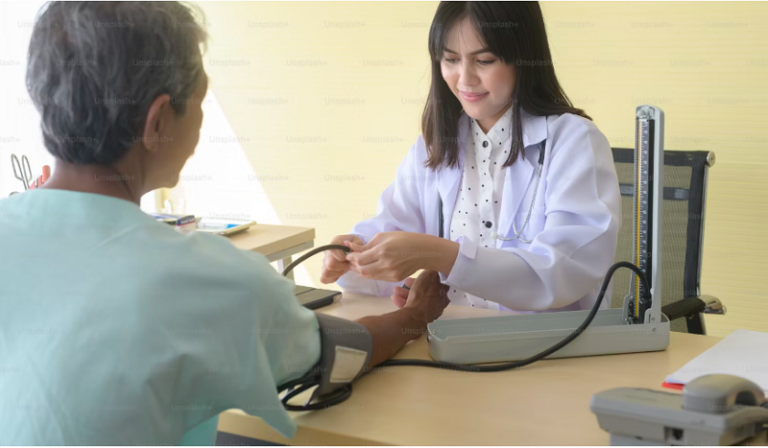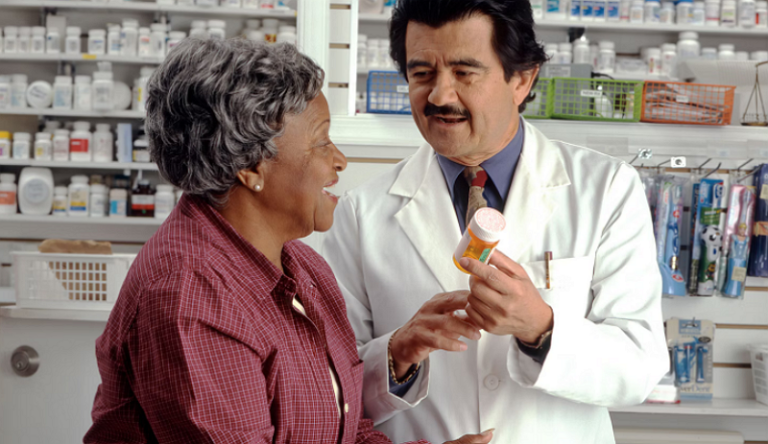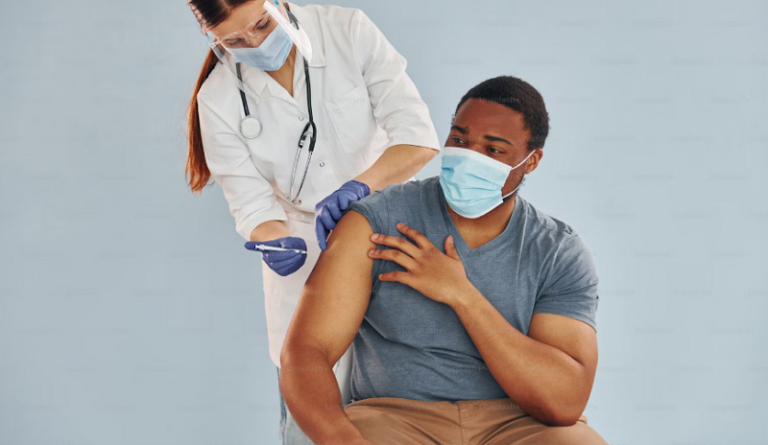
How to Get Essential Health Screenings
Health screenings are vital for early detection and prevention of various diseases. Regular screenings can catch health issues before they become serious, allowing for timely intervention and treatment. Here are ten practical tips to help you get essential health screenings and improve your preventive health care.
1. Understand the Recommended Screenings
Different screenings are recommended based on age, gender, and health risk factors. Familiarize yourself with the guidelines from trusted health organizations such as the CDC, American Cancer Society, and USPSTF. Common screenings include blood pressure, cholesterol, cancer, diabetes, and bone density tests.
2. Schedule Regular Check-Ups
Regular check-ups with your primary care physician (PCP) are crucial. During these visits, your doctor can recommend necessary screenings based on your health history and risk factors. Aim for an annual physical exam to stay on top of your health.
3. Create a Screening Schedule
Work with your healthcare provider to create a personalized screening schedule. This schedule should outline when you need specific tests, such as mammograms, colonoscopies, and blood tests. Keep this schedule in a visible place and set reminders to ensure you don’t miss any appointments.
4. Know Your Family History
Your family medical history can influence your risk for certain conditions. Gather detailed information about your family’s health issues and share it with your doctor. This can help your provider recommend appropriate screenings tailored to your genetic risk factors.
5. Stay Informed About New Screening Recommendations
Medical guidelines and recommendations can change over time as new research emerges. Stay updated by following reputable health organizations and discussing any changes with your healthcare provider. This ensures you receive the most current and effective screenings.
6. Take Advantage of Health Fairs and Community Programs
Many communities offer free or low-cost health screenings through health fairs and community programs. These events provide an accessible way to get essential screenings, especially if you have limited access to healthcare services. Check local listings for upcoming events.
7. Utilize Employer Health Programs
If your employer offers health programs or wellness initiatives, take advantage of them. Many companies provide on-site screenings for blood pressure, cholesterol, and glucose levels, as well as incentives for participating in health assessments.
8. Ensure Your Insurance Covers Screenings
Before scheduling screenings, verify what your health insurance covers. Most insurance plans, including those under the Affordable Care Act, cover preventive screenings at no extra cost. Understanding your coverage can help you plan and avoid unexpected expenses.
9. Prepare for Your Screenings
Proper preparation can improve the accuracy of your test results. Follow your healthcare provider’s instructions, which may include fasting before blood tests or avoiding certain medications. Arriving well-prepared ensures that the screenings are effective and reliable.
10. Follow Up on Test Results
After your screenings, make sure to follow up on your test results. Don’t assume that no news is good news. Contact your healthcare provider to discuss the results and understand their implications. If further action or additional tests are needed, schedule them promptly.
Conclusion
Getting essential health screenings is a critical component of preventive health care. By following these practical tips, you can ensure that you receive the necessary screenings to monitor your health effectively. Regular check-ups, staying informed, and utilizing available resources help you stay proactive about your health. Remember, early detection through screenings can lead to better health outcomes and a healthier future.




